Mary Ann Berta, owner of le mer, said, “For me, it is all about community. I hear from my son who is the one doing Surf Academy about everything happening on our beach. We don’t want the plastic; we don’t want the sewage! We have to do our part.”
Marine Plastics: Chemistry of Plastic Degradation with Rikki McDaniel
Rikki McDaniels was Emerald Keepers first speaker with the North American Marine Environment Protection Association. She is part of our team. The big take-aways for clearer vision were: 1) Food and drink containers can leach toxic chemicals when microwaved, left in a hot car, or when they are exposed to sunlight while floating around in the ocean. 2) The chasing arrow symbol does not necessarily mean the plastic is recyclable, and depending upon the number inside of the symbol, it may also be toxic.
LIBRARY PODCAST: Meet Amy Steward, President of Emerald Keepers
Learn about Emerald Keepers and upcoming events for VISION 2020.
Emerald Keepers Partners with Rotary Club of Coronado for Beach Clean-Up
Thank you to all Emerald Keepers — those who care for our oceans and planet. Sixty volunteers cleaned Coronado beach! We love clean beaches! #BeAnEmeraldKeeper
Children Enjoy the New Boat Ramp Signs
When we know a little about the history, flora, and fauna of our bay, we care more deeply about it.
Emerald Keepers and the City of Coronado Dedicates New Boat Ramp Signs
Congratulations, Tent City! Who is next to be Emerald Green, Ocean Blue?
Lindsey Johnson of Tent City
Tent City Owner, Jason Anderson, was inspired to care for our oceans after spending time in the Galopagos. He wants everyone to live sustainably.
Congratulations, Law Offices of M. Tami Sandke, for being an Emerald Keeper!
Tami Sandke
Pollyanna's is Emerald Green, Ocean Blue!
Dollie Style and Accessories is Emerald Green, Ocean Blue!
Congratulations! Fair Trade Decor Is Emerald Green, Ocean Blue!
"At Fair Trade Décor, we respect the environment in all aspects of our work. Fair Trade is a natural fit with going green! We are members of the Fair Trade Federation, whose principles include environmental stewardship and sustainability. Many products sold in our store are handmade from recycled or sustainable natural materials. Some of these materials are upcycled clothing, metal scrap from landfills, banana fibers, leaves and seashells. In our day-to-day operation we reuse the packing material from our purchases to pack and ship our outgoing sales and then recycle any excess packing material. We use only LED lighting and have invested in all new low-energy heating and air conditioning for the store." - Elizabeth Paganelli, Owner, Fair Trade Decor
Coronado Public Library is Emerald Green, Ocean Blue!
“The Coronado library is an environmentally friendly institution on many levels. In a world of plastics, our books are made of a biodegradable, recyclable and renewable resource: paper. Furthermore, the items are reused many times before being sold or donated for even more uses, or else recycled. The sharing economy is all the rage at the moment, cutting waste and bringing other economic and ecological advantages. Dockless bikes and Uber seem to be everywhere but the range of items that can be shared seems to grow daily. Nothing represents the sharing economy better than the library. Why spend all that money to buy a book to read once and then discard when you can share our clean and up-to-date collection with other members of the Coronado community? The library is also increasingly used as a co-working space where visitors can take advantage of shared resources like our robust Wi-Fi, printers and can now use a phone or bring in a coffee. Online courses such as Photoshop or language learning and subscription services like ancestry research can be prohibitively expensive to individuals or small businesses but are available for free under the sharing auspices of the library. Visit Coronadolibrary.org to learn more.”
Carolin's Skin Care is Emerald Green, Ocean Blue!
“I want to be an Emerald Keeper because I love to swim in the ocean and every time I see plastic in the ocean it worries me that one day our future generations will not be able to enjoy the Earth like we do now.” - Caroline Stuart, Caroline’s Skin Care
Kelly Purvis shows off her Emerald Keepers bamboo utensil set! Email us if you want a set for $15!
Kelly Purvis, Arts Administrator, Coronado Cultural Arts Commission.
Boney's Bayside Market is working to become Emerald Green, Ocean Blue!
Debi Boney is with many of her “green” items for sale. Boney’s is working to reduce single use plastics. They recycle, save food waste for composting, and have found alternatives to plastic. Getting rid of plastic water bottles will qualify Boney’s a fully Emerald Green, Ocean Blue!

















